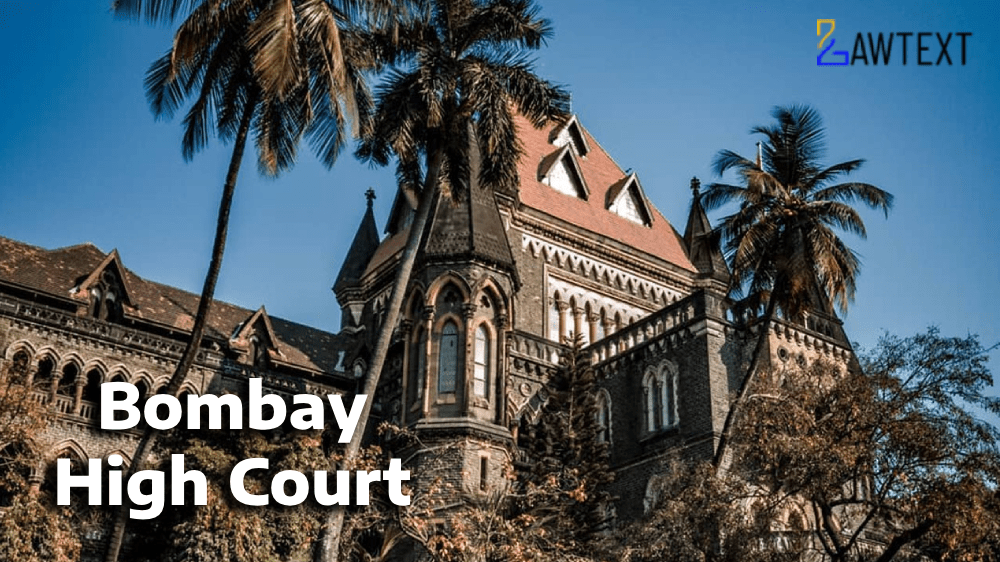Case Note & Summary
Md. Rahim Ali, declared a foreigner by the Foreigners Tribunal in Nalbari, Assam. Rahim Ali challenged this decision, presenting various pieces of evidence and claiming procedural unfairness. The case progressed through the Gauhati High Court and reached the Supreme Court. The Supreme Court granted leave to appeal and examined both factual and legal aspects, referencing relevant legal provisions and past judicial decisions. The court emphasized the importance of fair procedure, natural justice, and substantial evidence, ultimately quashing the Tribunal's opinion and declaring the appellant an Indian citizen.
Procedural Background
Condonation of Delay and Exemption: The court allowed the condonation of delay and exemption from filing a certified copy of the impugned judgment. Leave Granted: Leave to appeal was granted.Case Origin
Impugned Judgment: The appeal arises from a judgment by the Gauhati High Court, which affirmed the Tribunal's order declaring the appellant a foreigner. Tribunal Order: The Foreigners Tribunal in Nalbari declared the appellant a foreigner under Section 9 of the Foreigners Act, 1946.Factual Background
Voter Lists: The appellant's parents' names appeared in voter lists from 1965 and 1970, and the appellant's name was listed in 1985 and 1997 voter lists after his marriage and relocation. Tribunal Proceedings: A case was registered against the appellant in 2006, and he received a notice in 2011. Medical Certificate: The appellant provided a medical certificate for chronic bronchitis, which was later disputed.High Court Proceedings
Writ Petition: The appellant filed a writ petition in 2012, which was dismissed by the High Court in 2015. Interim Order: The High Court had stayed the Tribunal's order temporarily.Appellant's Submissions
Unfair Treatment: The appellant argued he was not given a fair opportunity to be heard. Technicalities: The High Court allegedly dismissed the writ petition on minor technical discrepancies. Fundamental Right to be Heard: The appellant emphasized his fundamental right to a fair hearing given the severe consequences of being declared a foreigner.State's Submissions
Illegal Migration: The State argued the appellant was an illegal migrant from Bangladesh, post-1971, affecting Assam's economy and demography. Burden of Proof: The onus was on the appellant to prove his citizenship under Section 9 of the Act. Procedural Details: The appellant failed to appear and submit documents during Tribunal proceedings.Judicial Analysis
Miscarriage of Justice: The Supreme Court noted a grave miscarriage of justice in the case. Relevant Legal Provisions: The Court referenced Sections 8 and 9 of the Foreigners Act and Section 6A of the Citizenship Act. Tribunal's Procedure: The Tribunal followed the procedure under the 1964 Order, including serving notices and giving opportunities to present evidence.Conclusion
The Supreme Court found procedural and substantive issues in the handling of the appellant's case, indicating a need for a fair and just resolution. Additional Case SpecificsIntroduction and Case Background
Initiation of the case against Md. Rahim Ali in 2004. Allegations of illegal migration from Bangladesh post-25.03.1971.Investigation and Initial Findings
Sub-Inspector Bipin Dutta's investigation and report. Filing of Form No. I and subsequent inquiry.Legal Proceedings Under IMDT Act
Reference under Section 8(1) of the IMDT Act. Registration of IMDT Case No.692/05 and its re-registration as F.T. (Nal) Case No. (N)1096/06.Tribunal Proceedings and Findings
Ex-parte proceedings and testimony of Bipin Dutta. Tribunal's opinion declaring Rahim Ali a foreigner.Analysis of Legal and Procedural Fairness
Examination of the basis for the S.P. (B) Nalbari's direction. Lack of material evidence to support the suspicion of foreign nationality.Requirements Under Section 9 of the Act
Burden of proof on the accused to establish non-foreign nationality. Necessity of providing material evidence to the accused.Principles of Natural Justice
Obligation to share collected material with the accused. Emphasis on the principles of natural justice in legal proceedings.Evaluation of Evidence
Discrepancies in names and dates considered minor. Authenticity of the appellant's documents not doubted.Impact of Literacy and Documentation Practices
Discussion on literacy rates and documentation practices in Assam.Strict Construction of Penal Statutes
Requirement of strict interpretation of penal statutes. Importance of clear and unambiguous legal obligations.Consequences of Being Declared a Foreigner
Legal and personal consequences for the accused. Potential for detention and deportation.Constitutional Considerations
Reference to Articles 14 and 21 of the Indian Constitution.Court's Conclusion
Criticism of the authorities' approach and lack of substantial evidence. Emphasis on adherence to principles of natural justice and fair procedure. Examination of Reverse Burden ProvisionsCase Reference: Noor Aga v State of Punjab (2008) 16 SCC 417
Reverse burden provisions must be strictly complied with. Proof of basic facts is necessary. Stringent compliance is required due to the severe punishments under the Act. Presumption of guilt arises from possession of contraband.Balancing Legal and Human Rights
Necessity for Heightened Scrutiny: Emphasizes upholding individual human rights and dignity. More serious offenses require stricter proof. Suspicion cannot substitute for legal evidence. Initial burden of proof lies with the prosecution.Standards of Proof
Standard of Proof for Accused and Prosecution: Prosecution: Proof beyond reasonable doubt. Accused: Preponderance of probability. Foundational facts must be proven by prosecution before burden shifts to accused.Burden of Proof under Citizenship Context
Case Reference: Sarbananda Sonowal v Union of India (2007) 1 SCC 174 Adequate care must be taken to ensure no genuine citizen is wrongly deported. Burden of proof provisions exist in statutes. Presumptions are rules of evidence that do not conflict with the presumption of innocence.Application to Foreigners Act, 1946
Case Reference: Union of India v Ghaus Mohammad, 1961 SCC OnLine SC 2 Section 9 places the burden of proof on the individual to prove citizenship. Initial material evidence must be provided by authorities to issue orders.Analysis of Tribunal and High Court Decisions
Quashing of Tribunal Opinion: Tribunal's order and High Court judgment deemed unsustainable. Discrepancies in appellant's documents considered minor. Appellant declared an Indian citizen. Conclusions Tribunal's report and opinion quashed. No remand for reconsideration by Tribunal. Appellant's claim found valid and authoritative judgment issued. Copy of judgment to be circulated to relevant tribunals.
Issue of Consideration: MD. RAHIM ALI @ ABDUR RAHIM VERSUS THE STATE OF ASSAM & ORS.
Premium Content
The Issue of Consideration is only available to subscribed members.
Subscribe Now to access critical case issues





